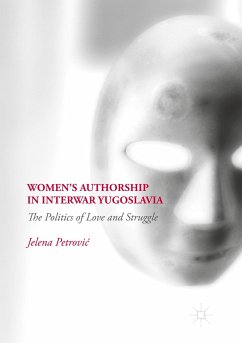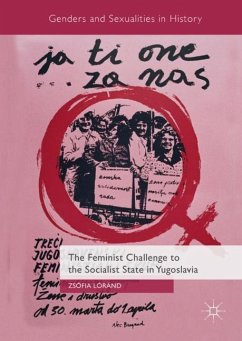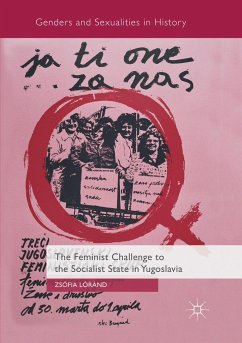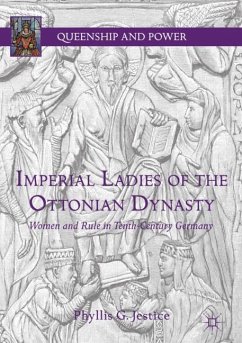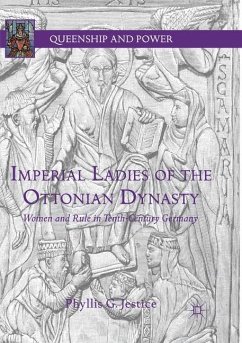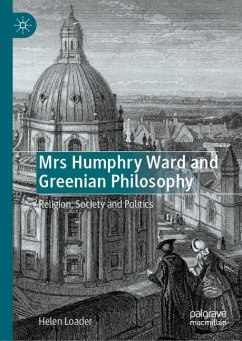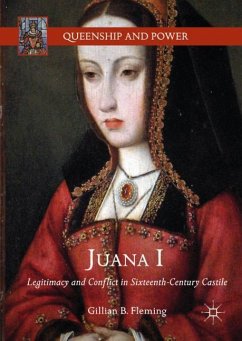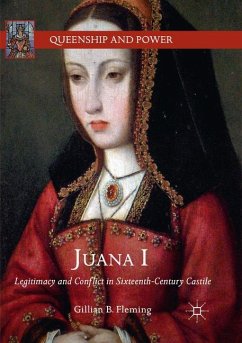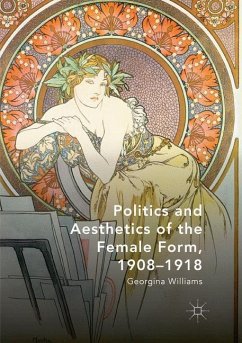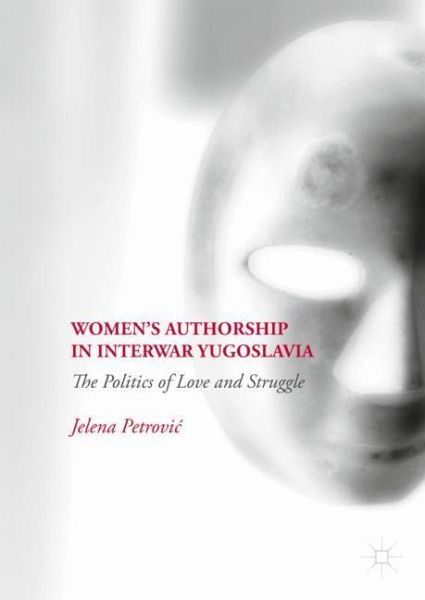
Women's Authorship in Interwar Yugoslavia
The Politics of Love and Struggle
Versandkostenfrei!
Versandfertig in 6-10 Tagen
57,99 €
inkl. MwSt.
Weitere Ausgaben:

PAYBACK Punkte
29 °P sammeln!
This book highlights the extent to which women were positioned as historical subjects in the process of constructing political, social, and cultural history in Yugoslavia, while simultaneously facing the politics of institutional exclusion and academic ignorance of progressive ideas and emancipatory struggles. To this effect, the book interprets a series of works written in interwar Yugoslavia by women or about women's position in public space. The research corpus is varied, including LGBT literature, autobiographies, travelogues, literary correspondence, political writings, parody, bibliograp...
This book highlights the extent to which women were positioned as historical subjects in the process of constructing political, social, and cultural history in Yugoslavia, while simultaneously facing the politics of institutional exclusion and academic ignorance of progressive ideas and emancipatory struggles. To this effect, the book interprets a series of works written in interwar Yugoslavia by women or about women's position in public space. The research corpus is varied, including LGBT literature, autobiographies, travelogues, literary correspondence, political writings, parody, bibliographies and dictionaries, etc. The book argues that women have been programmatically made absent from the so-called universal canon of (post)Yugoslav literature, or else negatively valorised or labeled, while at the same time women's writing in interwar Yugoslavia reflected, articulated and mapped significant social, political and cultural issues. The book proposes a re-reading of the once censored and forgotten texts to counter the politics of exclusion that operates even today in the post-Yugoslav space. This re-reading is carried out in the light of contemporary feminist theories and aims to reveal and emphasise the emancipatory importance of women's authorship. In this way, Jelena Petrovic provides a fresh perspective on the topical issue of the still contested (post)Yugoslav space.





